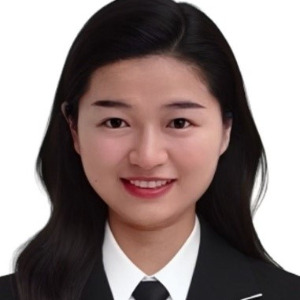Title : Magnetic cellular robots: Precision cytokine delivery for tumor therapy
Abstract:
Cancer stands as a major global health concern, ranking second in mortality rates worldwide. Among them, lymphoma is a highly diverse and aggressive immunologically “cold tumor” that exhibits inadequate T cell infiltration and poor response rates. In recent years, immunotherapy has emerged as a promising treatment modality that activates the immune system to fight malignancies. Nevertheless, the effectiveness of current immunotherapeutic agents is restricted in lymphoma. To address these challenges, we engineered macrophage-based microrobots that incorporate chemokines to advance lymphoma immunotherapy. We have developed a robust and versatile platform for integrating chemokine (C-C motif) ligand 5 (CCL5) into magnetized cell microrobots (MCRs), with potential for incorporating other protein-based therapeutics. CCL5 plays a key role in immune cell recruitment and tumor cell penetration. This method integrates the natural phagocytic and tumor-targeting abilities of macrophages with the safety, wireless control, and precision of magnetically directed systems. Cytokines were attached to magnetic nanoparticles using the carbodiimide technique, ensuring excellent biocompatibility and magnetic response. The successful conjugation rate of cytokines exceeds 80%. Magnetic migration experiments confirmed the natural tumor-targeting ability of the magnetic cellular robots (MCRs) and their magnetic field-guided targeting efficiency. CCK-8 assay demonstrated optimal cell viability after magnetization. Compared to the control group, the cell viability after magnetization remained above 98%. Experimental evaluations encompassing both in vitro and in vivo models demonstrated the precise targeting capabilities of these engineered MCRs. In conclusion, the developed system underscores the significant potential of MCRs as a biocompatible, precision-targeted delivery platform for lymphoma immunotherapy in the future.



